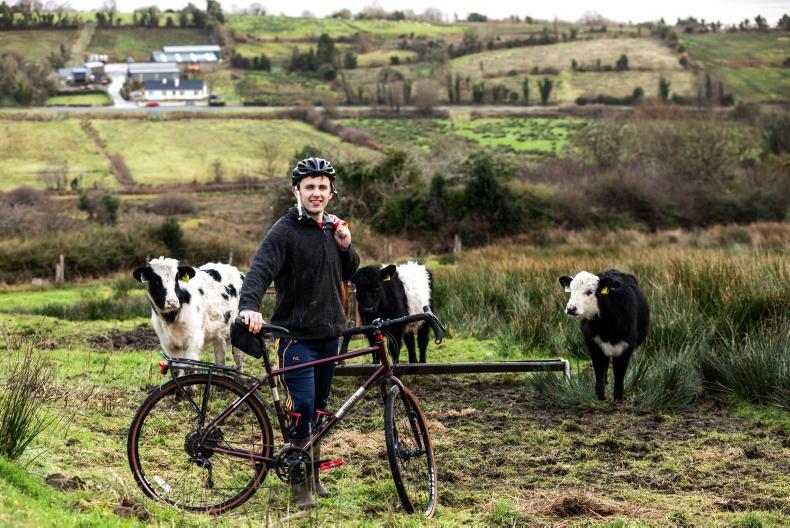September is “My Legacy Month”. A legacy is another word for a gift or bequest left in your will.
There is an organisation called My Legacy, which describes itself as an umbrella group of 80 Irish charities working together to make legacy giving the norm in Ireland. They ask people to consider leaving a legacy gift to a favourite charity, once family and friends have been taken care of and all other personal decisions have been made.
Restrictions on will making
You are generally free to leave your property to whomever you wish. The main exception to this is that a spouse or civil partner is entitled to their legal right share, which is half of the estate if you have no children or one third of the estate if you have children. Children do not have an absolute right to inherit any of their parents’ estate if the parent has made a will. However, a child can apply to court if they feel that they have not been properly provided for and the court then has to decide if the parent has failed in their duty to the child in accordance with the needs of the child. Another exception that would apply in a farming scenario is where a person claims property through promissory/proprietary estoppel. In order to succeed in such a claim, the claimant would have to be able to prove the following:-
That they had been given a promise or expectation that the farm would be theirs;
It was reasonable for them to act on that promise and they did so over an extended period;
They suffered detriment on the faith of that promise both in terms of their labour and expenditure.
If the claim is successful the executors will be deemed to hold the farm on trust for the claimant and it will not form part of the estate.
Charitable legacy
The English case of Gill v RSPCA (2010) highlights the issues that charities might face in this area. The case centered on the estate of Mrs Gill, which was worth over £2m and was left to the RSPCA. Nothing was left to Mrs Gill’s daughter, Dr Gill. The daughter brought a case arguing that she should inherit her mother’s assets (primarily a farm of 287 acres) and won after a long court case that went to the Court of Appeal in the UK. Dr Gill argued that she should have received the assets on three grounds:
Mrs Gill did not have full knowledge and approval of the contents of the will.
Mrs Gill did not leave the legacy to the RSPCA of her own free volition. It was claimed that there was “undue influence” by Mr Gill, who was a strong character. It was argued that Mrs Gill was forced to leave everything to the RSPCA and that she would have preferred to leave everything to her daughter.
Promises were made to Dr Gill that she would inherit the farm and she helped out on the farm on this basis. It would be unfair for the estate to go to the RSPCA.
Naturally each case turns on its own facts and circumstances. A solicitor drafting a will is very careful to take detailed instructions if the testator (person making the will) is leaving a sizeable charitable legacy. The solicitor should enquire as to whether there are competing interests such as the ones outlined above and also that the testator is making the will without outside influence.
Tax implications of charitable bequests
From a gift/inheritance tax perspective, if a person/organisation receives a gift or inheritance for public or charitable purposes, they are exempt from gift tax/inheritance tax. This is provided Revenue is satisfied that it has been or will be applied for these purposes in accordance with the law of the State. The charitable or public purposes may be either inside or outside the State.
From an income tax perspective, approved bodies can claim tax relief for donations made to them by donors. An approved body is an eligible charity, that is a charity approved by Revenue, educational institutions or bodies including primary, second or third level or a body approved for education in the arts by the Minister for Finance. An approved body may claim 31% tax relief on your donation. They receive the grossed-up amount, net of any tax deducted. For example if you make a donation of €250 (minimum donation for tax relief), the approved body will receive €362.32 (€250/(100%-31%)=€362.32). You can provide an approved body with the required information to claim the tax relief on your donation by either sending them a completed CHY4 Cert annually or sending a CHY3- Enduring Certificate, which covers a period of up to five years.
Further information can be found on www.mylegacy.ie
Disclaimer: The information in this article is intended as a general guide only. While every care is taken to ensure accuracy of information contained in this article, Aisling Meehan, Agricultural Solicitors does not accept responsibility for errors or omissions howsoever arising. E-mail aisling@agrisolicitors.ie








SHARING OPTIONS